Why Are Fandoms So Toxic?
Almost every fandom has it's share of angry and toxic jerks, but why?
Toxic behavior is nothing new on the internet. The internet's ability to create anonymity and distance between those we communicate with has lead to us displaying some ugly behaviors we normally wouldn't share in person. From harassing other fans to sending death threats to creators, bad behavior seems to run rampant on the internet, but especially in internet fandoms. Fandoms are usually a place to celebrate a shared love of something, so why is there so much hate within them.
It all starts with somebody's love of something. People typically join a fandom, like Star Wars or Game of Thrones, because they form a love for that piece of media. Maybe they grew up with it and it made up a large portion of their childhood or maybe they connected with the themes and characters on an emotional level. They form a deep bond with these fictional characters and worlds, which makes it more emotionally distressing for them when they see the media they love being criticized or mistreated by others.
These pieces of media form a large portion their identity and they feel that any criticism toward the media is a criticism toward them. If you point out that a piece of media that you like has racist or sexist undertones in it, it feels like they are calling you racist or sexist for enjoying that piece of media. This leads to people getting overly defensive and emotional about the media they love to the point where they start throwing threats at the people making the criticism.
Toxic fans take there love of a certain media to an extreme and they start to become overly possessive with it. They act like the media belongs to them and that their opinion of it trumps any other opinion one might have. They believe that their opinions on the media even trumps that of the creators when they do something they personally don't like, just look at the Star Wars fandom. This forms a sense of entitlement surrounding the creation of the media. They believe that their love of the media entitles them to be a part of the creation process, and when they are rejected or ignored they feel emotionally betrayed and start lashing out against those who ignored them.
A lot of resentment is also aimed at new fans who want to enter the fandom. These new fans probably like a part of the media that another person doesn't like, so they start considering those fans as "not real fans". They start dividing the fandom into two groups the "real fans" who are met with respect and the "not real fans" who are othered and treated with disrespect. This leads to harassment and bullying in an attempt to keep them out of these online spaces.
Non of what I've said hear is meant to justify the behavior of these toxic fans. This was meant to show how these behaviors manifest in people and understanding them better is the first step toward avoiding them. When you really look at it these are the same behaviors humans display when they talk about their religion or country. Humans are often emotionally attached to things and, just like everything else, humans often have a hard time managing and expressing their emotions in a healthy manor.



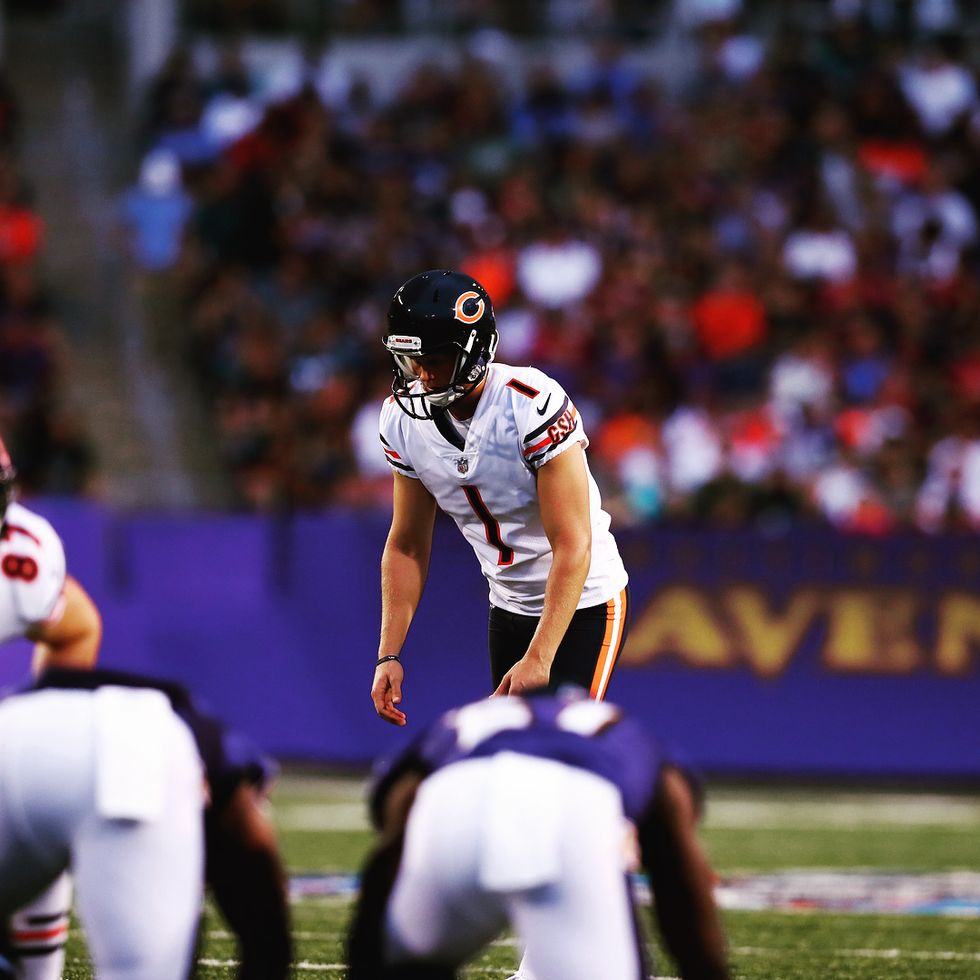
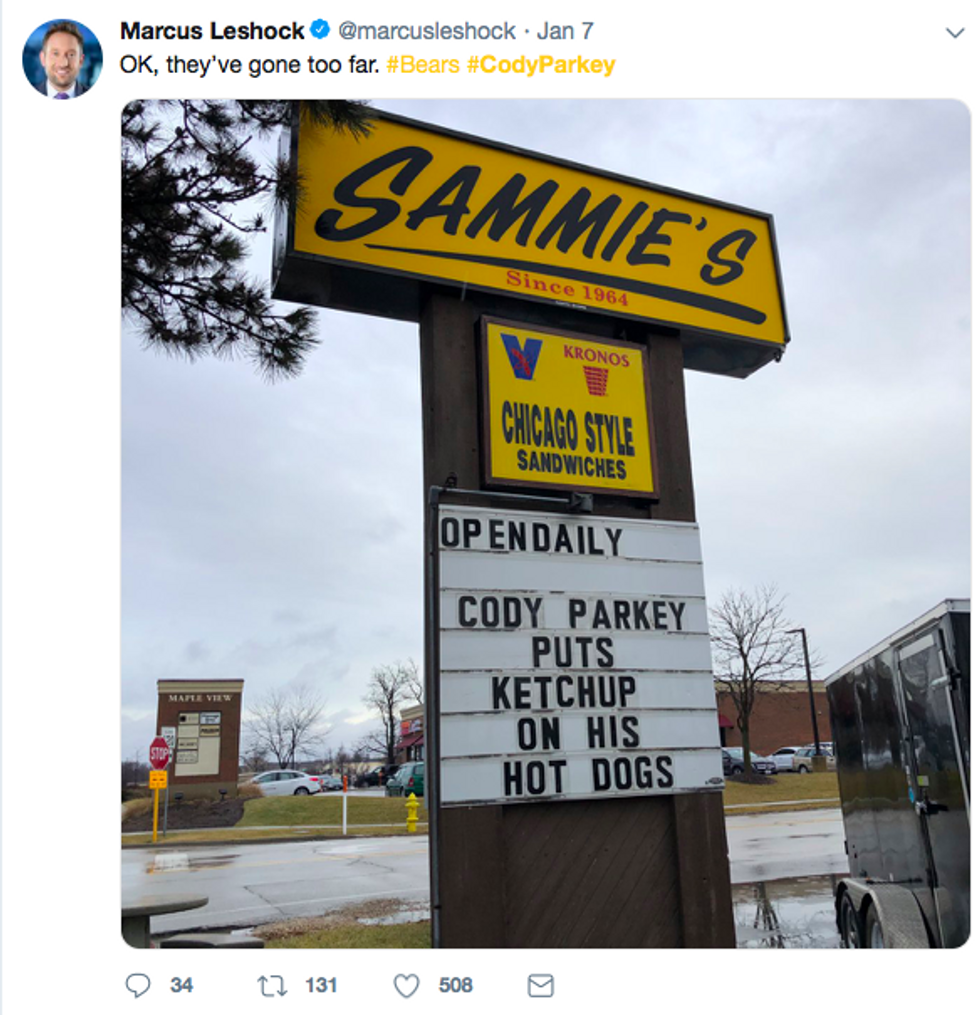
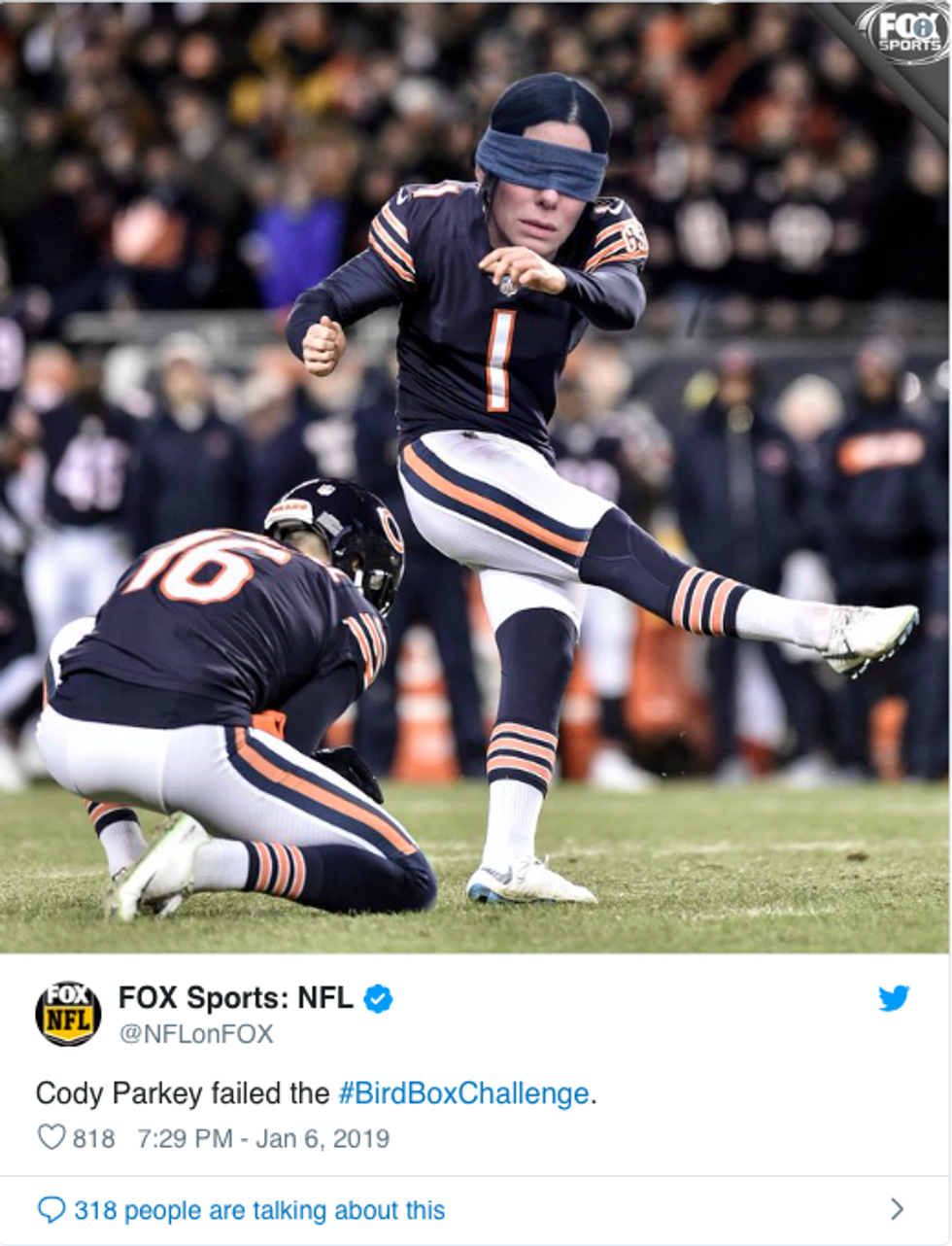

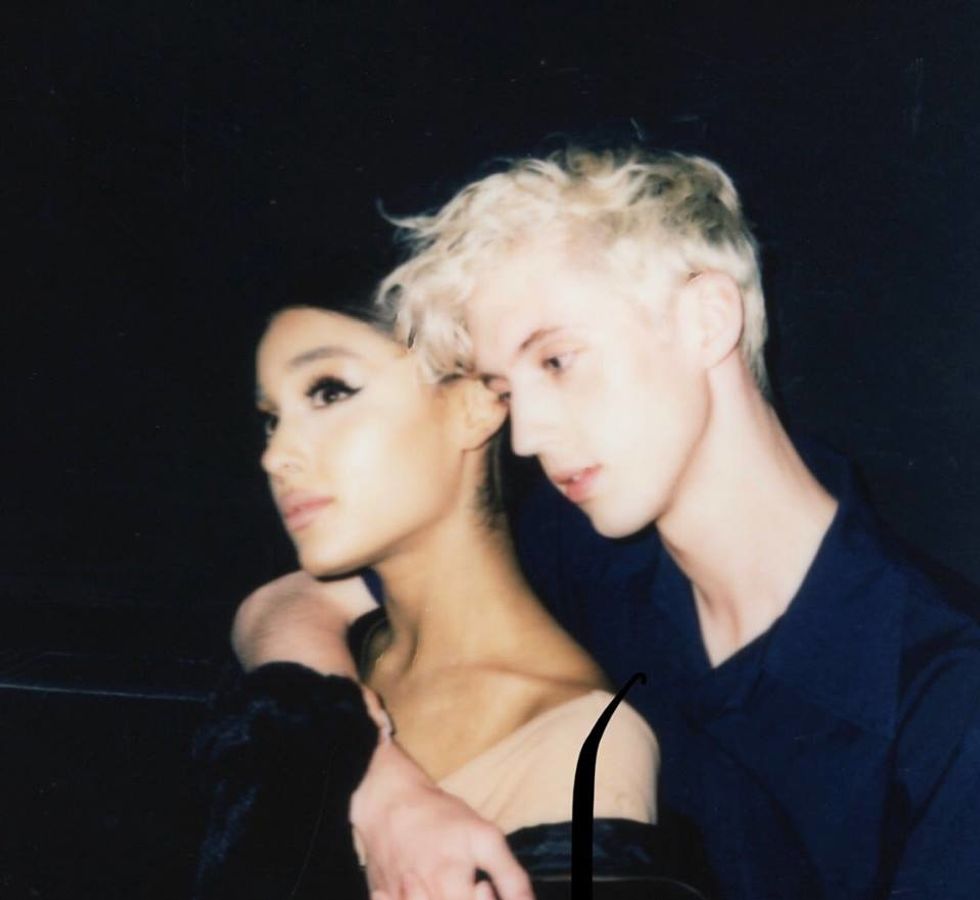
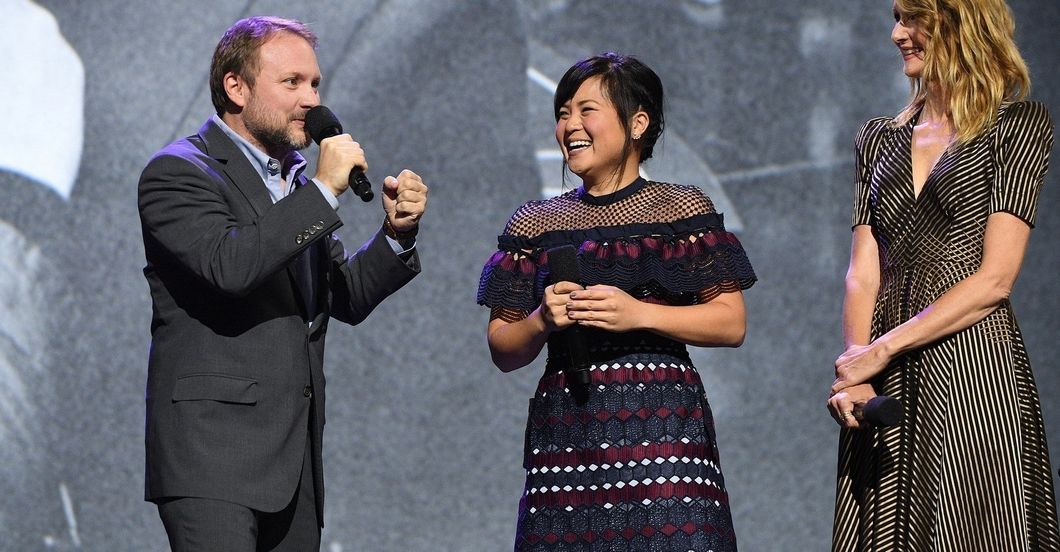
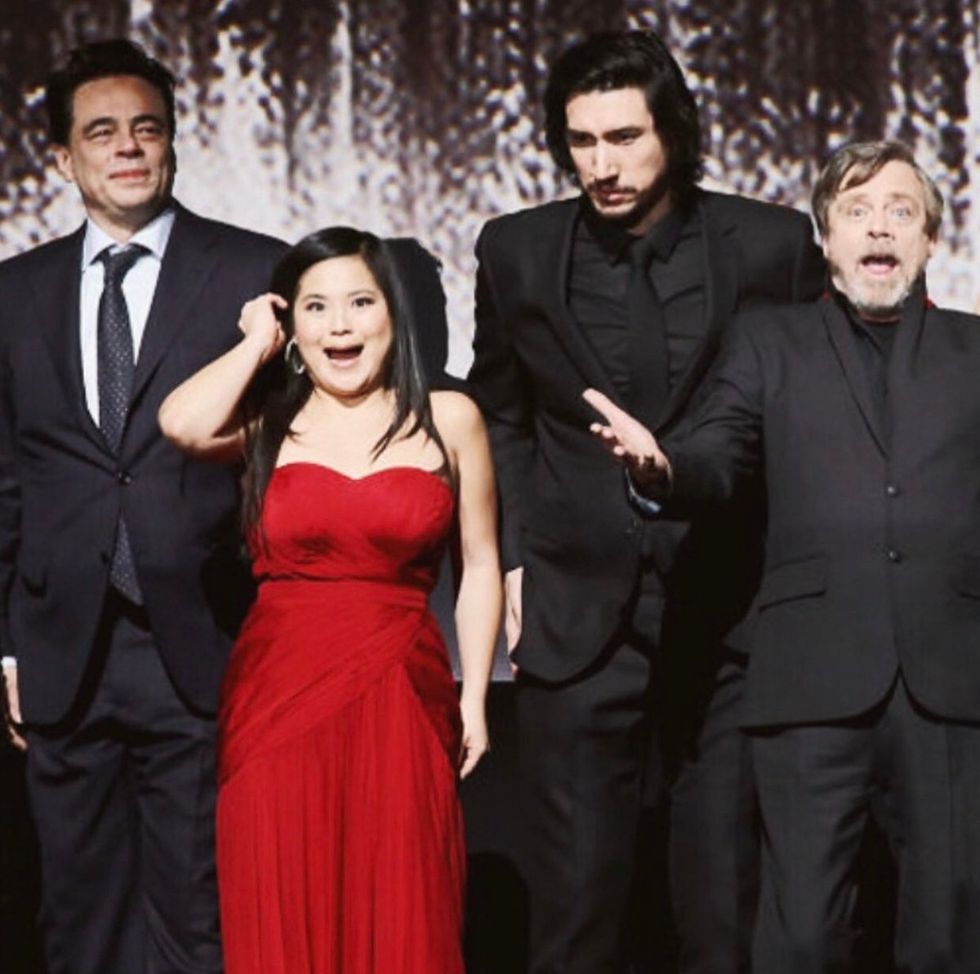

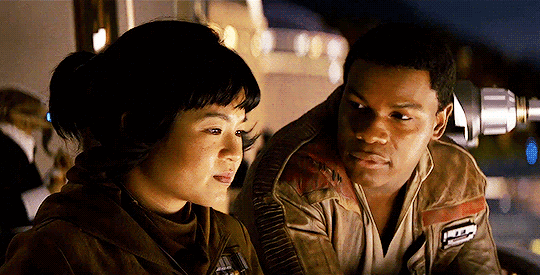
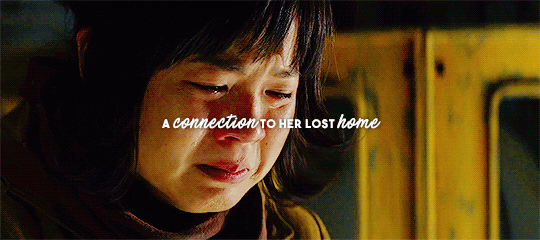
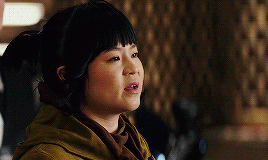




















What Can Journalist Do To Prove They Are Not The Enemy?
Is getting hate comments and death threats part of being a journalist, And why are journalist always the enemy?
The other day I was at 'Starbucks" getting coffee when I got to talking to another woman. College came up and I told her that I was in my last year and that I will have my B.S. in Communications. She asked what kind of job I wanted after graduation and I told her I wanted to get a journalism job at a magazine or newspaper. I really wanted to be an investigative journalist.
She told me that I was brave to go into a job that is being hated on so much by society. I thought to myself that not all journalist are the same some of us have ethics and don't put our views into everything we write. People have turned on the journalist for what they report, and it doesn't even have to be the journalist opinion, and they will still be hated.
But getting hate messages and being called names is part of the job, people are not going to like everything you write, and society these days get offended very easily, being a journalist means writing the facts and truths and not worrying about how people feel and not wanting to hurt their feelings.
We have to defend our work most of the time, whether if it is for something that is related to politics, sexuality, or race, those are some of the most opinionated when it comes to reporting.
People love to hate on the media no matter what you write, and that's fine everyone has their own opinions, but when you start sending death threats or wishing harm to them, that's when you have gone way too far.
Five staff writers at the " Capital Gazzet" in Annapolis last year was harassed by someone who had a grudge against the newspaper, he had been harassing the paper's employees since 2011. We as a journalist can take the rude comments but when something like this happens or a journalist is killed while reporting a story that's what is the scary part.
More women journalist are threatened and harassed more than men, they are harassed because of their gender, the way they look and dress when they are on camera and will be called all sorts of names, one journalist was called a sausage because she was pregnant and wore a form-fitting dress.
A study that was done by "Trollbusters" and "The International Women's Media Foundation" found that more than 40% of female journalist stop writing stories that they knew would incite verbal and even physical attacks, and even 30% thought about leaving their journalistic job.
We should not have to live looking over our shoulder because people don't like what we write, and we should have to leave the job we love because we are being threatened. The hate on the media needs to stop, having opinions is one thing, keep it at that, sending threats and harassing people because of the way they look, their gender or what they write is going too far, just because you got offended.